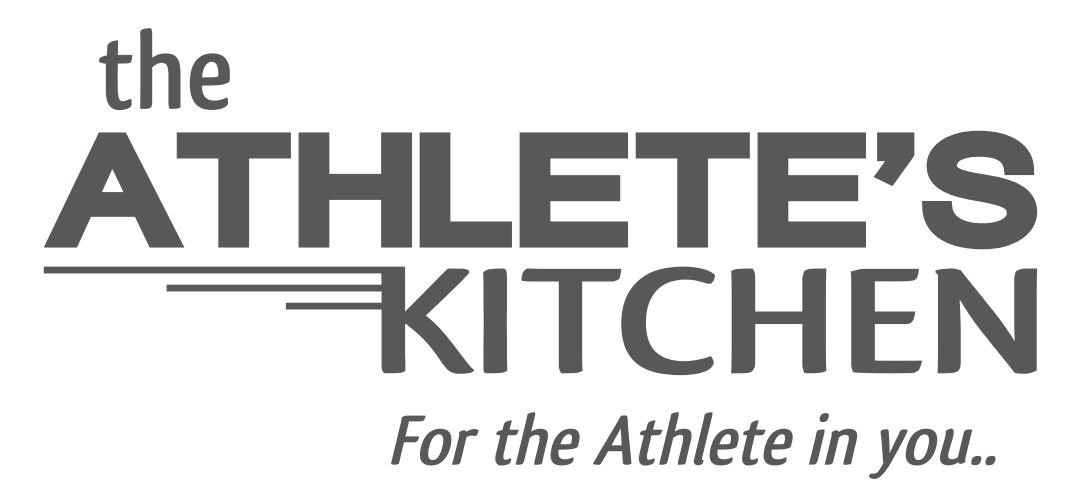Nutrition and Biomechanics
/Last Wednesday night, the 29th June, Sam Lewis from The Athlete’s Kitchen, in conjunction with expert Exercise Physiologist John Quinn, hosted an event on the Nutritional and Biomechanical considerations for running. This was a first for The Athlete’s Kitchen, and what a successful evening it was! With a good turnout of runners, triathletes, cross-fitters, personal trainers and sports coaches, we discussed how to establish a good training regime, analysed the biomechanics of running styles, discussed recovery and injury prevention, looked at nutritional considerations for health and exercise, and considered a nutrition plan for training and competition.
While the biomechanics component is best left to the exercise professionals, some key take-home points nutritionally, were:
- Carbohydrates, protein and fat are all important dietary components, for energy provision, recovery, and general health and well-being.
- While athletes and very active people do have some varying nutritional requirements, the underlying principles for healthy eating remain the same!
- Carbohydrates are the body’s preferred energy source, and thus, during periods of intense training and competition, they are critical for provision of fuel pre-training, and for recovery post-training.
- The duration and intensity of your training/competition run will determine your fuelling requirements throughout. Carbohydrates can be beneficial during long bouts of exercise, as a way of fuelling both the body and the brain, and decreasing your perception of effort!
- Carbohydrate loading can be an effective way to improve performance, by ‘loading up’ the body’s stores of glycogen (fuel) in the muscles and liver. Carbohydrate loading is, however, hard to do correctly!
- Never try anything new on race day! Always trial new products or regimes during training first, to avoid surprises on race day.
- Hydration is a critical consideration for sports performance. Thirst is a poor indicator of hydration status, however the colour of your urine is a good way to check your level of hydration. Aim for pale yellow.
- Sports drinks, if used correctly during exercise, can be an effective way to refuel and rehydrate at the same time.
- Sports supplements do have a place in sports nutrition, however a strong baseline diet MUST be established first. Sports supplements should always be commenced and used under the guidance of a Sports Practitioner or Sports Dietitian.
- The Australian Institute of Sport and Sports Dietitians Australia websites contain excellent information on sports nutrition topics. Always check the validity and reliability of your nutrition source prior to applying its principles!
So, are you ready to get running now? While the information presented above is more general and broad, The Athlete’s Kitchen, can assist you with developing your own training and nutrition plan in preparation for your event! Let us know how we can help, and keep your eyes open for more events of this nature in the future!
Written by Sam Lewis APD AccSD
Posted by Rebecca Hay APD Acc SD


